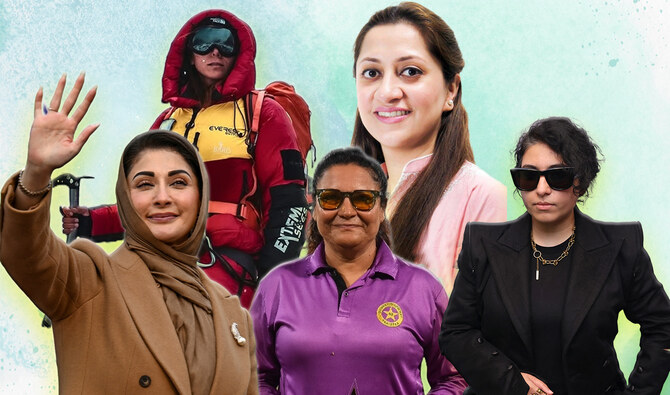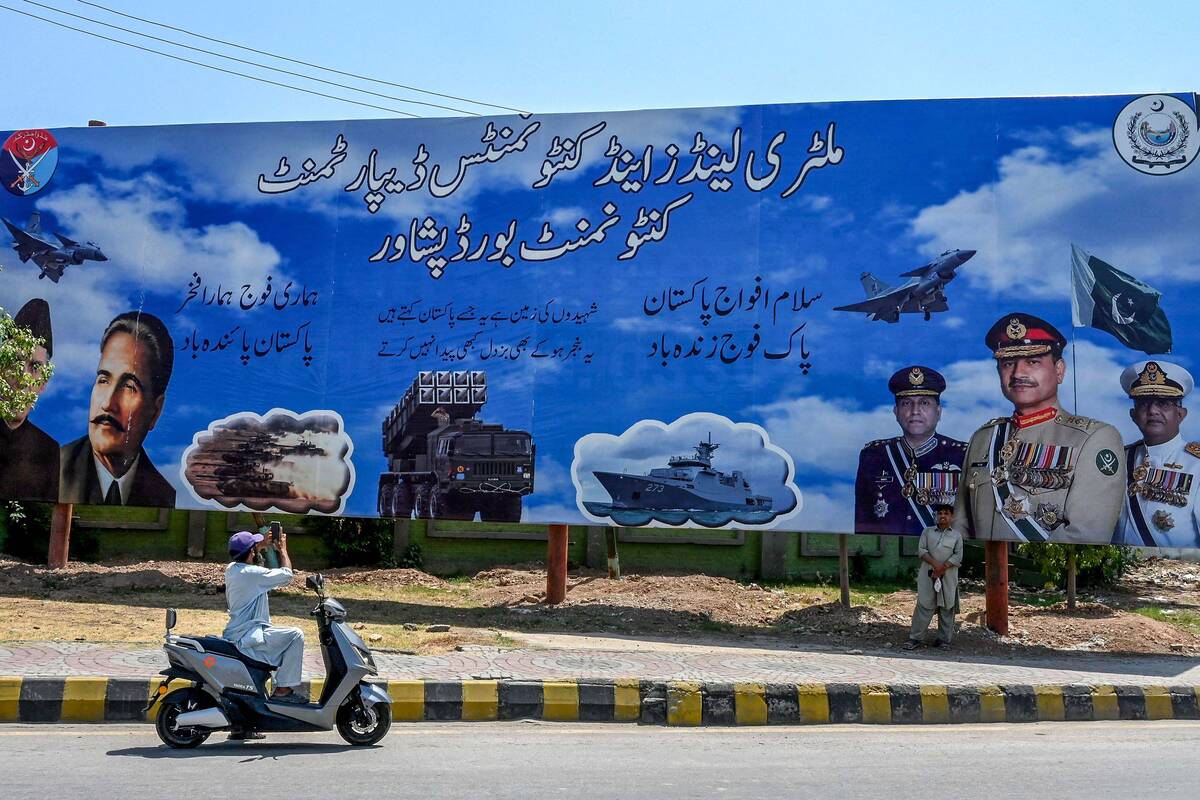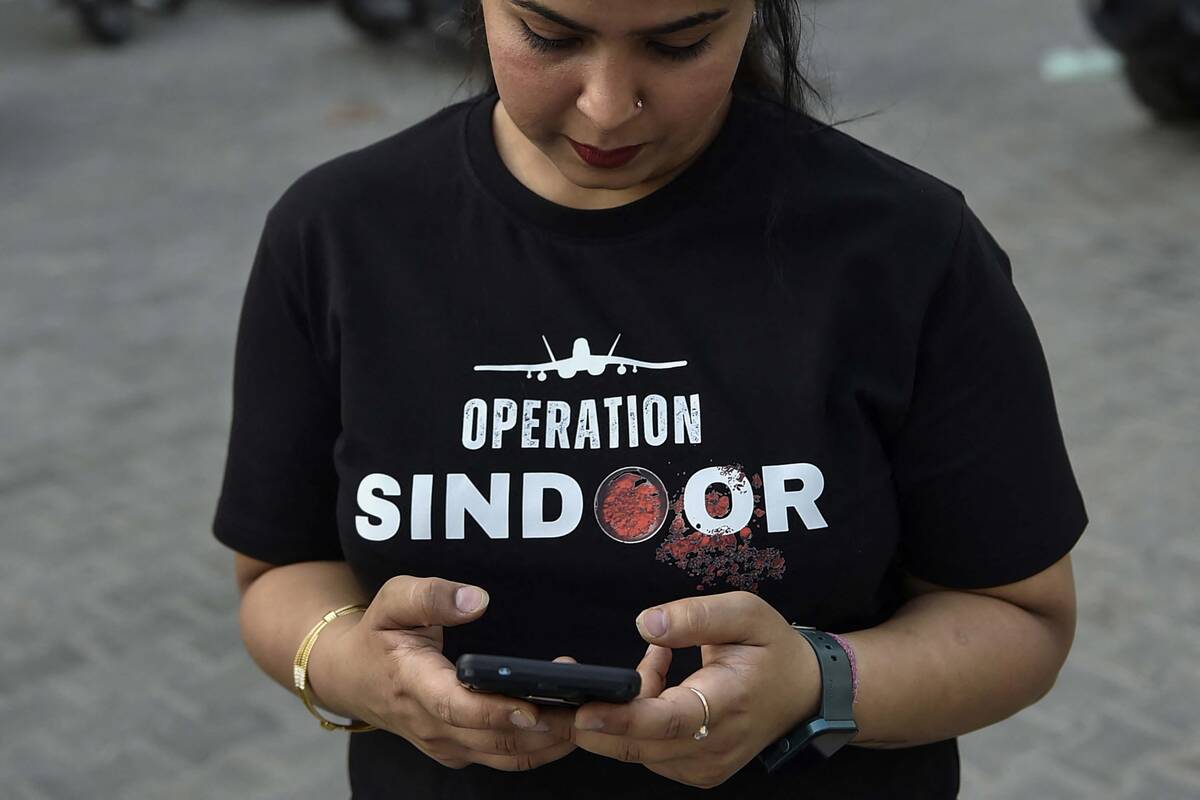ISLAMABAD: As the world prepares to bid farewell to an eventful 2024 and welcome the new year, here is a list of five Pakistani women who shattered stereotypes and made history by dominating in their respective fields ranging from politics to mountaineering, and sports to music.
Maryam Nawaz Sharif
Maryam Nawaz Sharif, the daughter of three-time former prime minister Nawaz Sharif, made history in February after she was elected as the first woman chief minister of a Pakistani province.
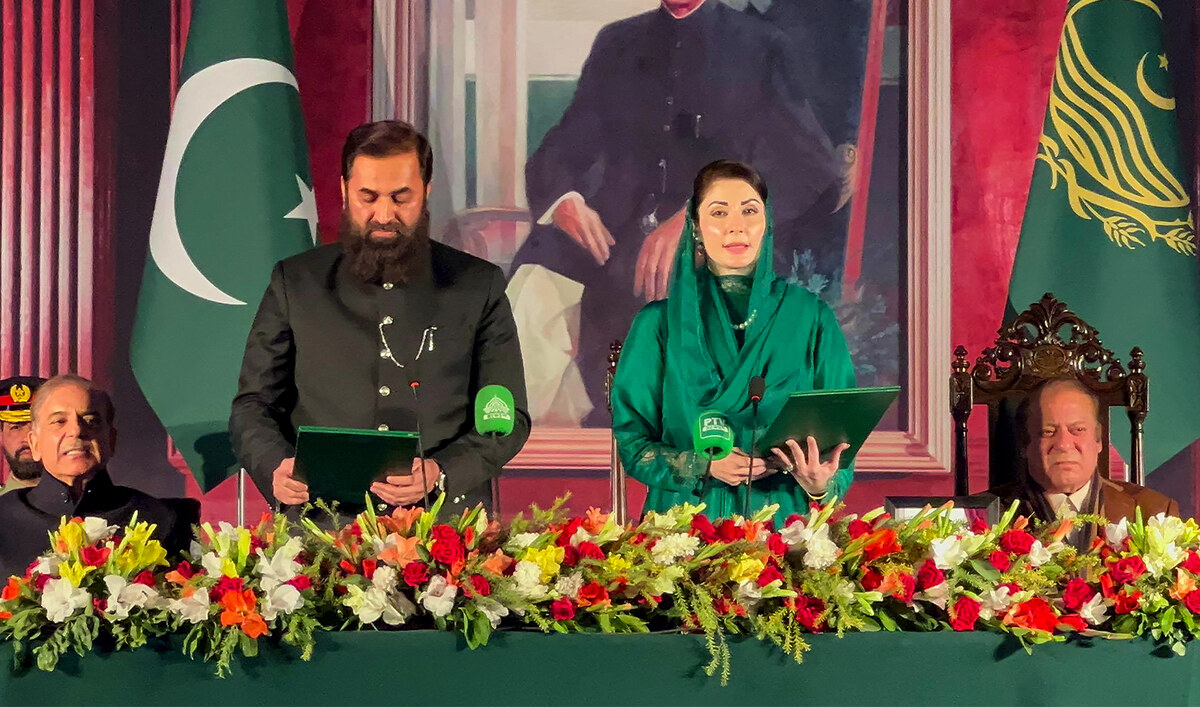
This handout photograph taken and released by the Directorate General Public Relations (DGPR) of Punjab province on February 26, 2024, shows Governor Punjab Muhammad Balighur Rehman (C) administer oath to the newly elected Chief Minister of Punjab province Maryam Nawaz Sharif (2R) during a ceremony, as Pakistan's former Prime Ministers and leader of Pakistan Muslim League Nawaz (PMLN) party Nawaz Sharif (R) and his brother Shehbaz Sharif (2L) look on at the Governor's House in Lahore. (Directorate General Public Relations (DGPR) of Punjab province / AFP)
After her Pakistan Muslim League-Nawaz (PML-N) party won the highest number of seats after a contentious election in February, Sharif was elected as the chief minister of the country’s richest and most populous Punjab province.
She formally joined politics in 2012 and became increasingly involved in politics during her father’s four-year, self-imposed exile in the United Kingdom from 2019 to 2023. In 2019, she was appointed vice president of the PML-N, leading anti-government rallies throughout the country against then prime minister Imran Khan’s government.
Political opponents and critics, however, say her election to the chief minister’s post is an example of the enduring influence of feudal politics in Pakistan.
Ayla Majid
In November, Ayla Majid became the first South Asian and Muslim to be elected president of the Association of Chartered Certified Accountants (ACCA), a global accountancy body.
Majid is the chief executive officer of a firm that advises on decarbonization, sustainability, and energy transition. Majid is leading more than 252,500 members and 526,000 future members of ACCA across 180 countries during her year-long term in office.
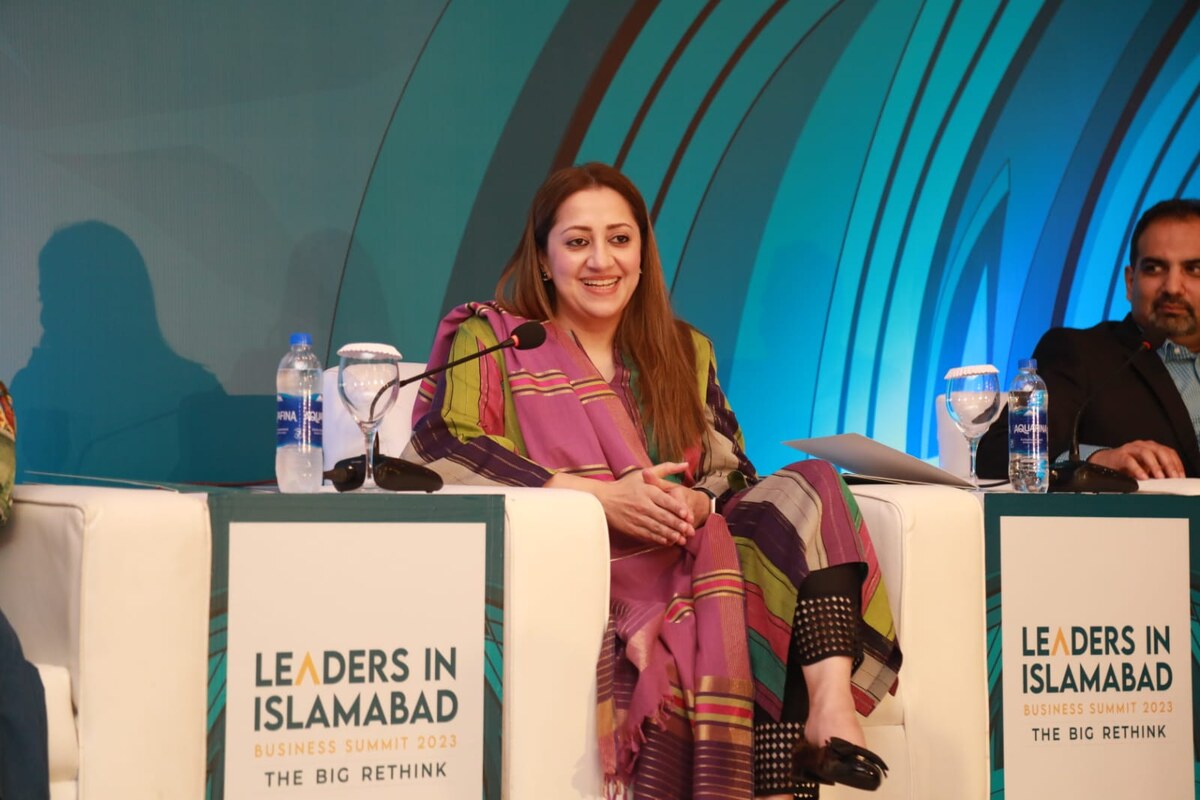
Global Vice President of ACCA and Founder & CEO of Planetive, AylaMajid, attends Business Summit 2023 in Islamabad on May 31, 2023. (Ayla Majid)
She has over 20 years of experience in energy, transaction advisory, mergers and acquisitions, investments and corporate governance. Majid holds a Master of Business Administration degree from the Lahore University of Management Sciences (LUMS) and a Bachelor of Law degree from the University of London.
Arooj Aftab
Pakistani singer Arooj Aftab earned Grammy nominations for the fourth time in a row in November. Her single “Raat Ki Rani” earned a nomination in the Best Global Music Performance, category while her album, “Night Reign” has earned a nomination for the Best Alternative Jazz Album category.

Arooj Aftab attends 'A New York Evening With Arooj Aftab' at The Greene Space in New York City on October 4, 2024. (AFP)
This category honors vocal or instrumental albums where new alternative jazz recordings comprise more than 75 percent of the playing time.
In 2022, Aftab became the first Pakistani singer to win a Grammy for her song ‘Mohabbat’ in the Best Global Music Performance category.
Naila Kiani
In May, Dubai-based mountaineer Naila Kiani became the first Pakistani woman to summit Mount Makalu, the fifth-highest mountain in the world. The tremendous achievement also brought another feather to Kiani’s cap, as it made her the first and only Pakistani woman to summit 11 out of 14 mountains that stand 8,000 meters above sea level.

The picture shared by Naila Kiani on November 16, 2023, shows the climber ascending Mount Nanga Parbat in northern Pakistan. (Naila Kiani)
Kiani had previously summited Broad Peak (8,047 meters), Annapurna (8,091 meters), K2 (8,611 meters), Lhotse (8,516 meters), Gasherbrum 1 (8,068 meters), Gasherbrum II (8,035 meters), Nanga Parbat (8,125 meters), Mount Everest (8,849 meters), Manaslu (8,156 meters) and Cho Oyu (8,201 meters) mountains.
The mother of two, who is also a banker by profession, garnered fame in 2018 after her wedding photos from K2’s base camp were widely shared on social media. She is also a recipient of the Sitara-e-Imtiaz, Pakistan’s third-highest civilian award, which she received in March 2024 for climbing Mount Everest.
Saleema Imtiaz
Saleema Imtiaz became the first Pakistani woman to be nominated to the International Cricket Council’s International Panel of Development Umpires in September. The nomination qualifies Imtiaz, 52, to officiate in women’s bilateral international matches and ICC Women’s Events.
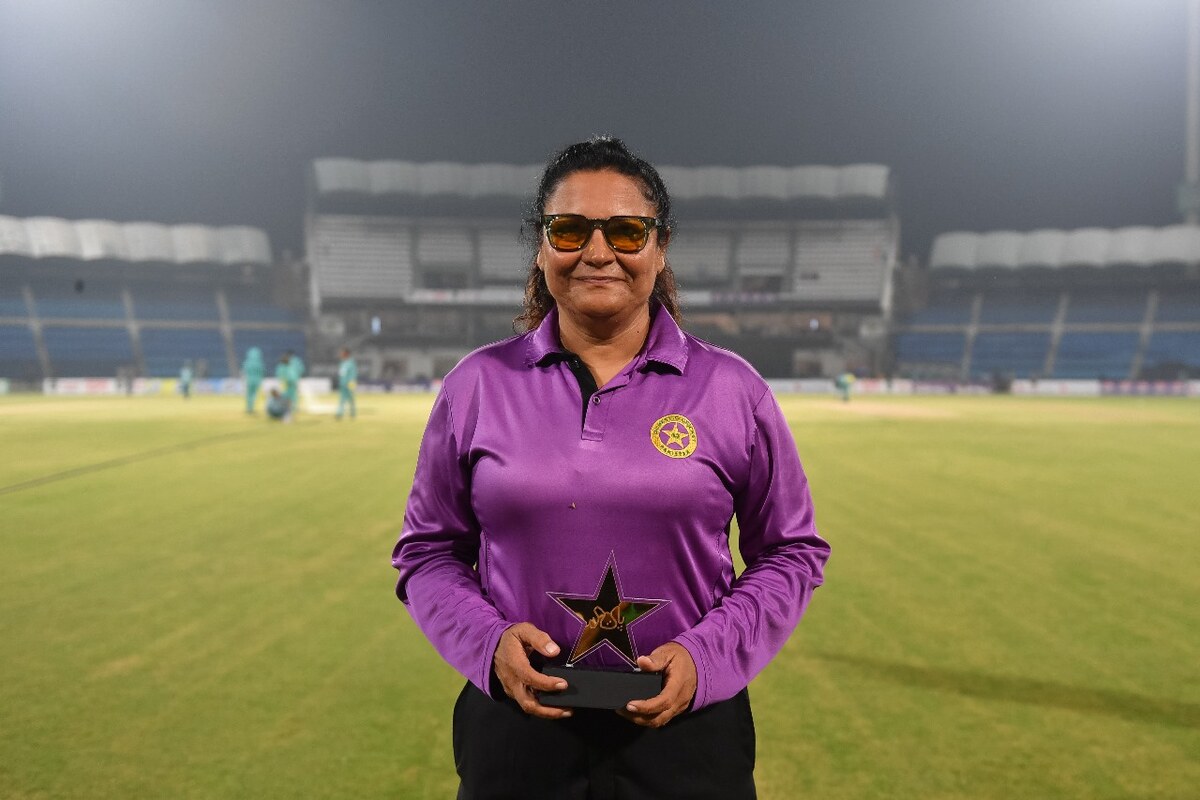
Saleema Imtiaz holds a souvenir awarded for becoming Pakistan's first woman umpire on ICC International Development Panel in Multan, Pakistan, on September 17, 2024. (@TheRealPCB/X)
Imtiaz, mother of Pakistan women’s international player Kainat Imtiaz, began her umpiring career with the Pakistan Cricket Board Women’s Umpires Panel in 2008. Her extensive experience includes officiating in high-profile events under the Asian Cricket Council such as the 2022 and 2024 ACC Women’s T20 Asia Cup and the 2023 ACC Emerging Women’s Cup in Hong Kong.


